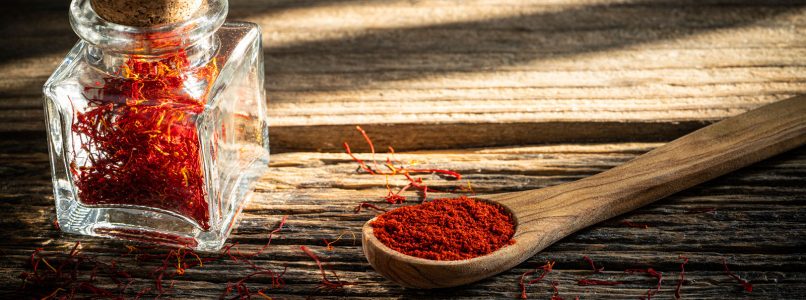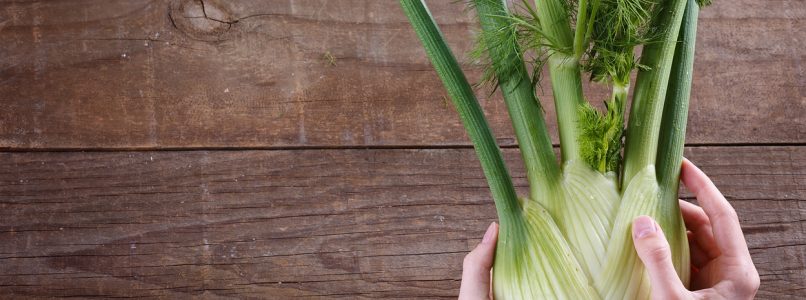Even in the coldest months, the Mediterranean diet is an excellent ally for health. It ensures many precious micro and macronutrients to defend against the ailments of the period. Here are which foods to aim for
Several researches have shown that adopting the Mediterranean diet at the table is an excellent strategy to prevent and protect yourself from ailments. The Mediterranean diet in winter, for example, becomes a powerful ally against both the classic seasonal ailments such as colds, coughs, sore throats, and discomfort that colder days can cause like a bad mood. One of the great advantages it has is seasonality. "The different menus of the day include the consumption of seasonal vegetables and fruit, which are real natural supplements of minerals and vitamins that help strengthen the body's defenses," says the dietician Patrizia Gaballo. Another advantage of the Mediterranean diet is that it is not monotonous. "Thanks to the variety of foods it never bores the palate and consequently helps to stay away from nervous hunger attacks which in the colder months due to the lower production of serotonin can be more frequent". But there is more. The Mediterranean diet is high in healthy fats. "Extra virgin olive oil, the food par excellence, provides essential fatty acids that have a protective and anti-inflammatory action. It also reduces appetite because it ensures satiety and taste for dishes, "says the expert, who here suggests which foods to choose to follow the Mediterranean diet in winter.
Fruits and vegetables to protect yourself from seasonal ailments
The Mediterranean diet involves the consumption of fruit and vegetables in every meal of the day. «Vegetables that are in season in the winter months such as beets, apples, chicory, broccoli ensure many prebiotic fibers that nourish and keep the intestinal microbiota healthy, which according to various studies is involved in the functioning of the immune system. Kiwis, mandarins, oranges are also rich in vitamin C which, with its antioxidant action, stimulates the production of interferons, proteins that have the task of counteracting the attack of viruses ", says the expert.
Whole grains and fish to fight bad mood
Less exposure to the sun on colder days favors a lower production of a series of hormones that regulate sleep, hunger and mood. "Whole grains and their derivatives, including pasta, but also fish, meat, eggs, dairy products, typical foods of the Mediterranean diet, are excellent sources of tryptophan, an amino acid that stimulates the production of dopamine and serotonin, two hormones that counteract mood disorders and affect the sense of hunger. Even legumes such as lentils, beans, chickpeas are a good source of it . To enrich the menus with micronutrients and macronutrients, also useful for dried fruit and oil seeds. "Walnuts, for example, are a mine of vitamin B1, zinc and many other precious substances to face the rigors of winter".
A typical menu
Breakfast: yogurt, coffee, a slice of toasted spelled bread with a teaspoon of honey and 5 almonds.
Snack: orange juice and 3 walnuts.
Lunch: brown rice with broccoli cream, fresh chilli and parmesan flakes, grilled radicchio with sunflower seeds and extra virgin olive oil.
Snack: a fresh fruit of the season (oranges, mandarins, apple, pear) and 5 unsalted pistachios.
Dinner: sea bream baked with orange peel and pepper, cabbage salad with chopped hazelnuts dressed with extra virgin olive oil and wholemeal bread.


